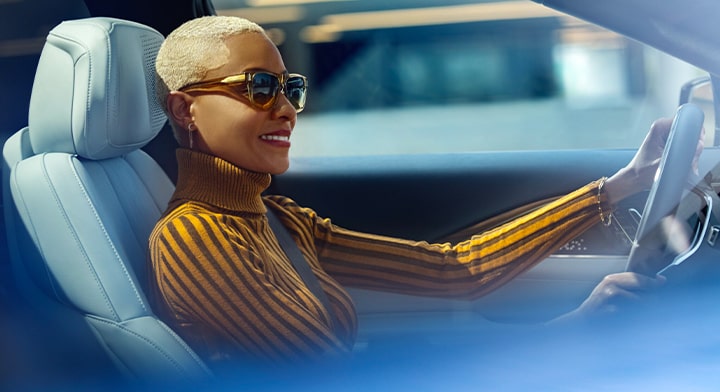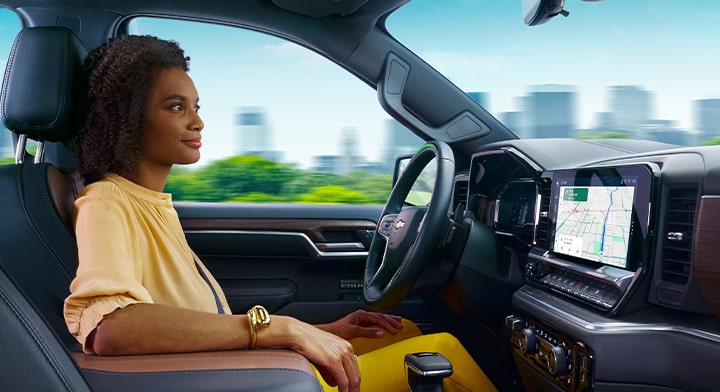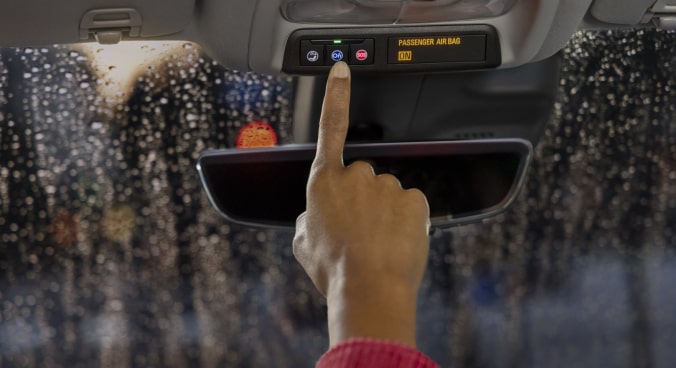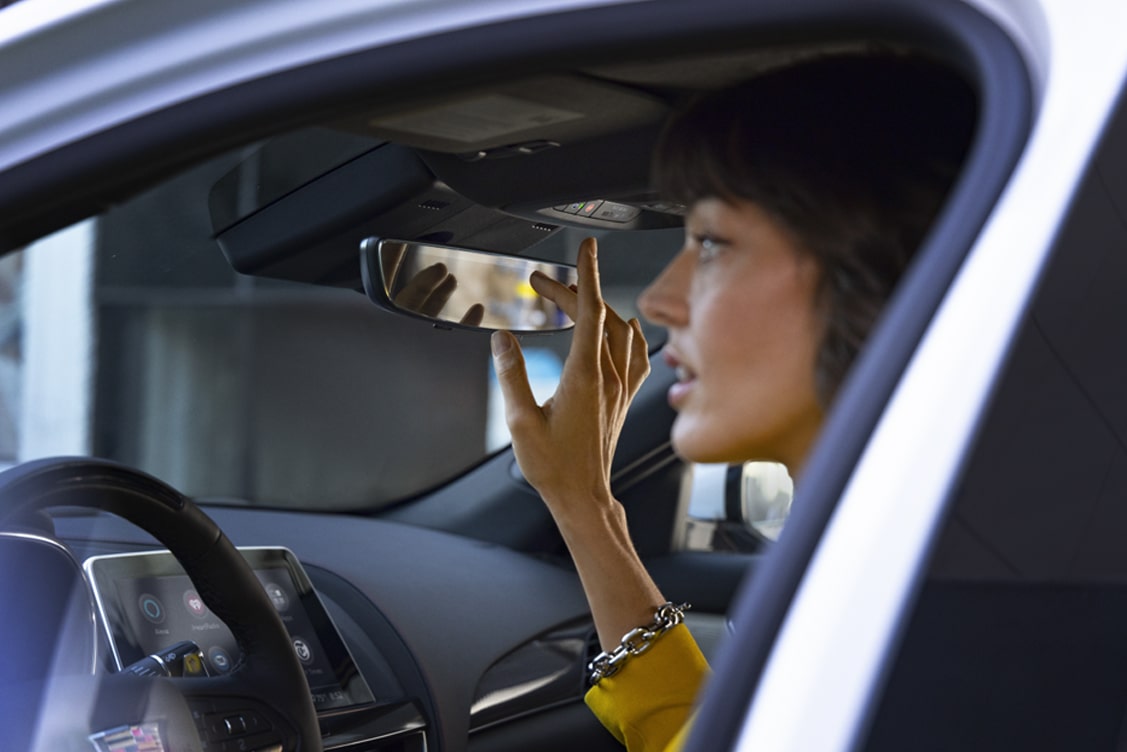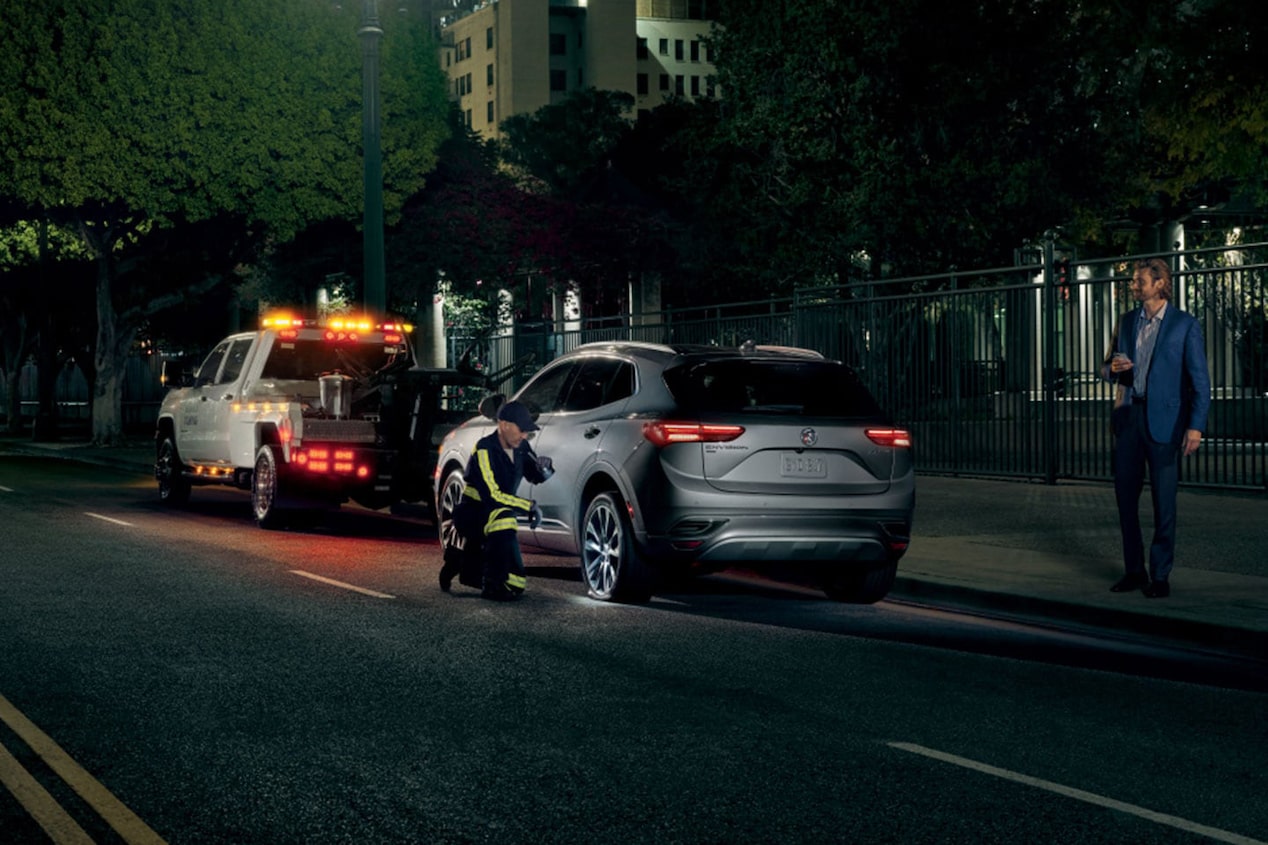“I can’t tell you how many times my wife has texted me at the end of the day and asked me to grab something from the grocery store on my way home from work — and then I get home and realize I’ve totally forgotten,” recalls Trevor Cole, a graphic designer. “It’s because I take the same route home every day so I just kind of zone out.” Put another way, Cole’s brain was automatizing his driving route.
Many of our brains go into autopilot mode when we take the same routes every day. The impact of this isn’t limited to forgetting to pick up a gallon of milk on the way home — it can make it harder to navigate your town and stay attentive as you drive.
Switch up your driving route, though, and you can literally bulk up your brain — specifically your hippocampus. This is the area thought to be the center of emotion and memory. A bulked-up hippocampus can help protect your memory and mental sharpness — and this has benefits that extend to many parts of your day.
Fear not: You don’t have to get lost to lose your worn-out routine. As you’ll read, it’s a great idea to try navigating without GPS, but if you ever find yourself in unfamiliar territory, it can be easy to find your way. Just push your blue OnStar button, and you can get Turn-by-Turn directions.
Read on to see why taking a daily self-imposed detour on your way to and from work could be the best new habit you make.
Benefit 1: Become a more attentive driver
Many things compete for our attention at any given moment, so we should take any help we can get when it comes to focusing on the road. That’s especially true if you’re taking the same old route to work. “Your brain is so bored,” says Annika Larsson, Ph.D. As a human factors research specialist at Veoneer in Vårgårda, Sweden, her research focuses on driver attention and perception. “It’s trying to think of something and that’s when you start thinking about ‘Oh, what am I going to do this weekend?’” she says. The only thing that brings you back to reality might be the business on the corner where you turn into your neighborhood.
When you’re navigating this way, you’re using a brain structure called the caudate nucleus. It’s activated in situations when driving is automatized. There’s a way to break out of this mode and start noticing your surroundings, though: “If you’re really zoning out, then go a different route to wake yourself up a bit and bring yourself into [a higher mental] workload,” suggests Larsson.

Benefit 2: Stay primed for decision-making
Finding that just-right mental workload doesn’t only mean you’ll be more likely to notice things as you drive; it means that you’ll be better-suited to acting quickly in adverse conditions.
“If the requirements on your brain increase because you’re driving a more complicated route, it means that if you had to cope with something very unexpectedly, you have more of a chance to actually make an appropriate decision,” explains Larsson.
In other words, you may be more likely to avoid a pothole you didn’t notice at first if you’re more mentally engaged — but not overwhelmed — by a new driving route that’s just complex enough.
Benefit 3: Get to know the world you live in
Is there a restaurant in your town you’ve never visited — or never even heard of? If so, changing up your driving route could mean you’ll get lost less often. As you’re navigating new parts of town using landmarks instead of GPS, you’re building mental maps that are more detailed, which means you’re engaging and building your brain’s hippocampus.
“I’d compare landmarks to phone numbers,” says Larsson. “I know the phone numbers I knew when I was 10, and not very many others. The reason for that is I’ve extended my cognition — I use my phone as a part of my brain. And it’s the same with using GPS. But if you learn a route, what you’re doing is you’re making yourself notice landmarks.”

Benefit 4: Bolster your creativity, confidence and control
Add more landmarks to your mental map and you’re building the means to find your way between two destinations that you’ve never visited in succession before.
“This leads into other functions like creativity,” suggests Véronique Bohbot, Ph.D., a cognitive neuroscience researcher at the Douglas Mental Health Institute and professor in the department of psychiatry at McGill University in Montreal. “You could derive a completely novel route when you have mental maps that are dependent on the hippocampus.”
Bohbot has also seen studies showing that people who have a large hippocampus have more of a sense of control over their lives. In Bohbot’s own practice, in which she teaches people to rely on their hippocampus more, people have told her they feel more confident, too. “By paying attention to the details of the environment, when they made a mistake they had a better memory for exactly what they did,” she says. This means they were less likely to repeat that mistake. “It built their confidence instead of just them being lost and having no clue.”
Soon enough, you may even feel a twinge of excitement when you see a “Detour Ahead” sign.
